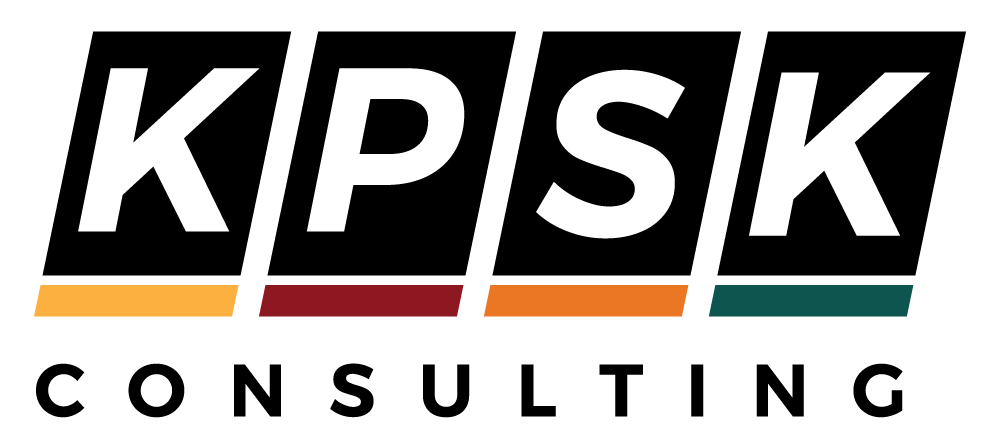WASHINGTON, DC – The U.S. Department of Labor has selected seven states to participate in its Advancing State Policy Integration for Recovery and Employment initiative that aims to align state policy and funding to increase competitive integrated employment for individuals with mental health conditions.
Administered by the department’s Office of Disability Employment Policy, the initiative will provide Florida, Indiana, Iowa, Minnesota, Oklahoma, Virginia and Wisconsin with tailored and targeted technical assistance. This assistance includes expertise to help each state in creating and implementing state strategic plans that encompass multiple systems including mental/behavioral health, Medicaid, vocational rehabilitation, and workforce and education. States will develop and implement their strategic plans in consultation with their state’s key mental health advocacy organizations.
In addition to supporting states, ASPIRE will provide a forum for knowledge-sharing between states, federal agencies, mental health service providers and other stakeholders about policies and practices to implement evidence-based Supported Employment models – including Individual Placement and Support – to increase competitive integrated employment for people with mental health conditions. As defined, competitive integrated employment is work in settings where most employees have no disabilities and are paid directly at the minimum or prevailing wage.
“With the right support, people with mental health conditions can succeed in the workforce, including individuals who haven’t previously been successful,” said Office of Disability Employment Policy Deputy Assistant Secretary Jennifer Sheehy. “Better integration of funding, policy and programs to support proven employment models, such as Individual Placement and Support, is key to helping more people do so, and we look forward to working with and learning from the ASPIRE states.”
ODEP has contracted with Westat, a Rockville, Maryland research firm, to deliver the technical assistance to participating states.

